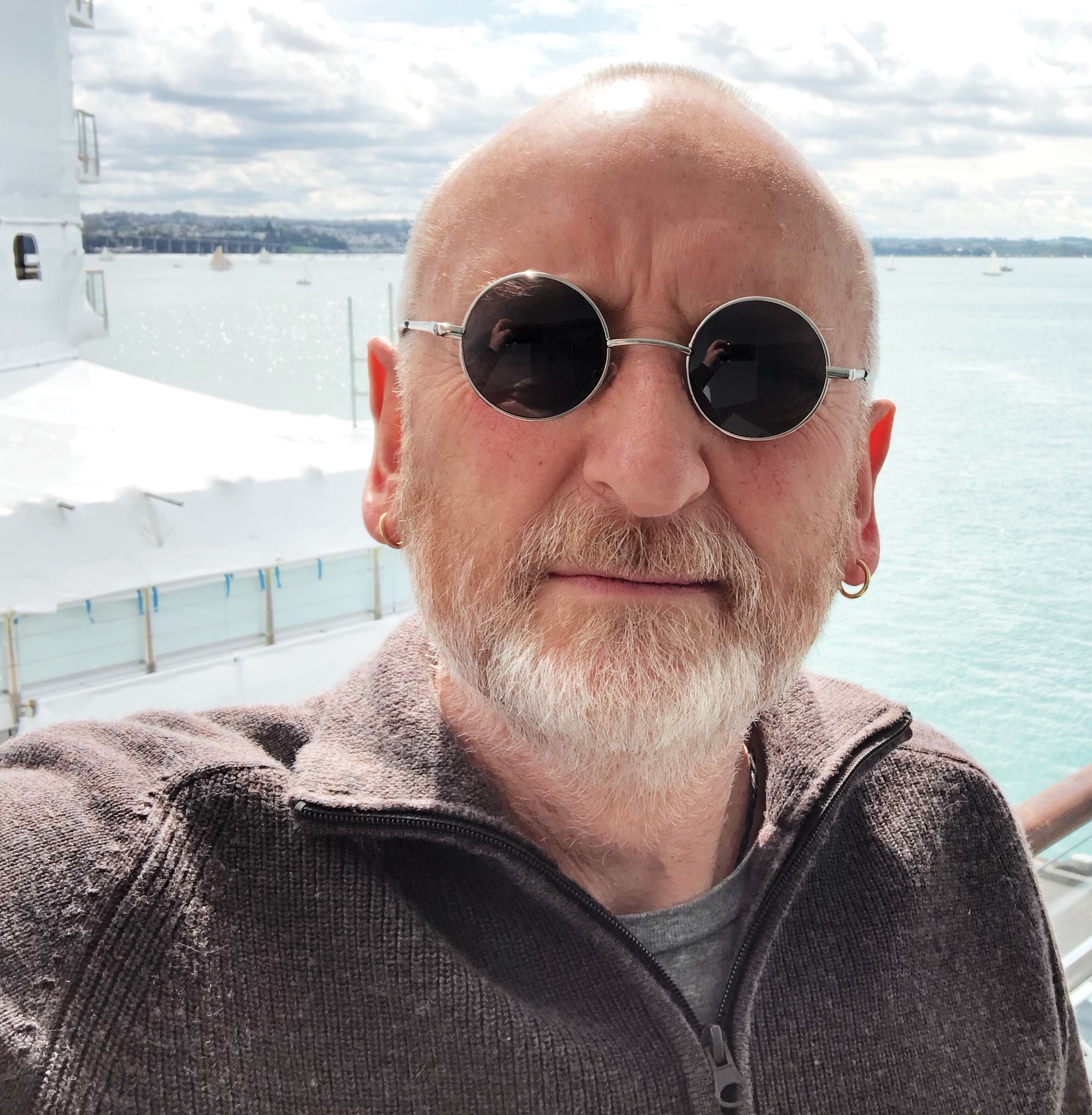The government’s announcement of an extra $605 million for Pharmac to fund new cancer drugs over the next four years is terrific news for many of us with relapsed (i.e. come out of remission) or refractory (drug no longer works for us) cancers and no other options for publicly-funded drugs to treat our disease. There is still some uncertainty over which drugs will be funded, but we know it includes some of the drugs on the list of 13 National campaigned on in the election last year. The ones that aren’t new candidates presumably are ones that can be replaced with newer and more effective treatments.
It’s also very good news that the funding is not just for cancer drugs; in addition to the 26 new cancer drugs, there is funding for 28 drugs for infections, respiratory conditions, mental health, and dermatology. So, a lot of people should benefit.
In my situation with multiple myeloma, I relapsed last year and went onto lenalidomide, which did not work well for me (i.e. I was ‘refractory’), although going back onto dexamethasone (an older and effective steroid treatment) has been more effective than anyone thought and seems to have stabilised me and slowed the progress down by a fair amount. I was diagnosed in 2011, so I have done very well to last this long!
Pharmac has assessed daratumumab and said it would like to fund it if it could afford it for relapsed myeloma. Daratumumab is publicly funded in almost 50 other countries.
I’ve read the technology assessment report for daratumumab. It’s very technical, and I don’t understand all of the information in it. However, it appears that I would meet the eligibility criteria for it. My haematologist tried to get me onto it as part of a clinical trial last year but was unsuccessful because the researchers stopped recruiting people for the trial. He was very disappointed in the outcome of that and wasn’t able to get compassionate access to another drug that had been available previously through that route. Hopefully, the haematology team at the Wellington Blood and Centre will still see me as a strong candidate for daratumumab.
My trick is to stay alive long enough for it to be available. I don’t want to get my hopes up unreasonably, as it could be a close-run thing. But at the rate I’m going, I could last another few months without it.
As good as this news is, it still leaves New Zealand well down the list of how much money the government spends on medicines compared to the rest of the OECD. Between 2011 and 2020, we funded only one-third of the new medicines that were funded in Australia. New Zealand spends less than a third of the OECD average on medicines, even though the country spends about the same in health expenditure per person. We can afford to pay more; New Zealand is not a poor country. This is a reasonable start.

Comments
No comments yet. Be the first to react!